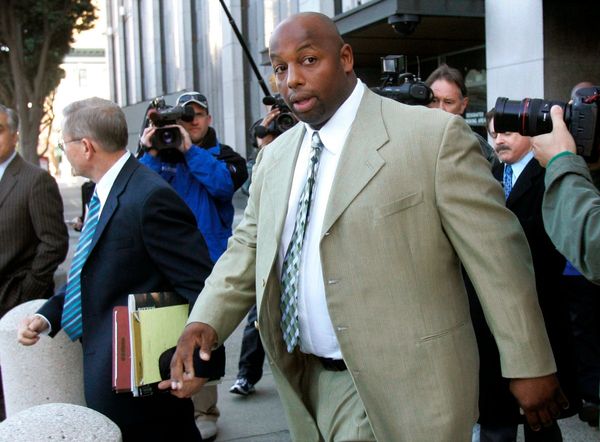Individual retirement accounts are a tried and true vehicle to save for retirement. The basic idea is that your savings grow tax-free, giving them a boost.
With standard IRAs, you pay no income tax on the money you put into your IRA account. You can take the money out beginning at age 59½. When you do, you pay taxes on the withdrawals at your regular income tax rate.
Then there are Roth IRAs. When you put money into these, the funds are taxed at your regular income tax rate. But when you withdraw the money, after age 59½, you pay no income tax on the withdrawal.
You can transfer as much money as you want from a traditional IRA to a Roth IRA at any time.
The basic issue in deciding whether to make a transfer is taxes. The question is whether your tax rate now, which is what you would pay on the transfer, is higher than what you expect it to be after you retire. That latter rate is what you will pay for withdrawing money from a traditional IRA.
If the tax rate on the transfer is lower than what you expect to pay in retirement, you’re probably best off making a transfer to the Roth IRA.
Impact of Market Drops
A recent development that makes the decision particularly relevant now is the decline of stock and bond prices this year.
That means the pool of stocks and bonds you might transfer to a Roth IRA is worth less than it was a year ago. And that means the money subject to taxes if you execute a transfer is less than it was a year ago.
Another consideration: With a traditional IRA, you are required to make regular withdrawals starting at age 72, and those withdrawals are taxable. So if you don’t think you’ll need the money by the time you turn 72, you might want to convert your account to a Roth IRA.
Figuring out all the tax angles gets quite complicated, because you don’t know for sure what your future tax rate will be. You might not even know for sure what your tax rate will be this year.
Loss of Compounding
Also keep in mind that the money you would pay in taxes for a Roth transfer is money that could otherwise grow in stock and bond markets. So there is a potential investment penalty for making the transfer.
A good case can be made for waiting to do a conversion until shortly before retirement, or even after retirement. At that point you’ll likely have a much better feel for your tax rate going forward.
Also, waiting to make a transfer lessens the investment penalty described above because the tax you would pay on the transfer is money that would have had less time to grow if you hadn’t done the transfer.
Withal, it never hurts to take up this issue with an investment adviser.







